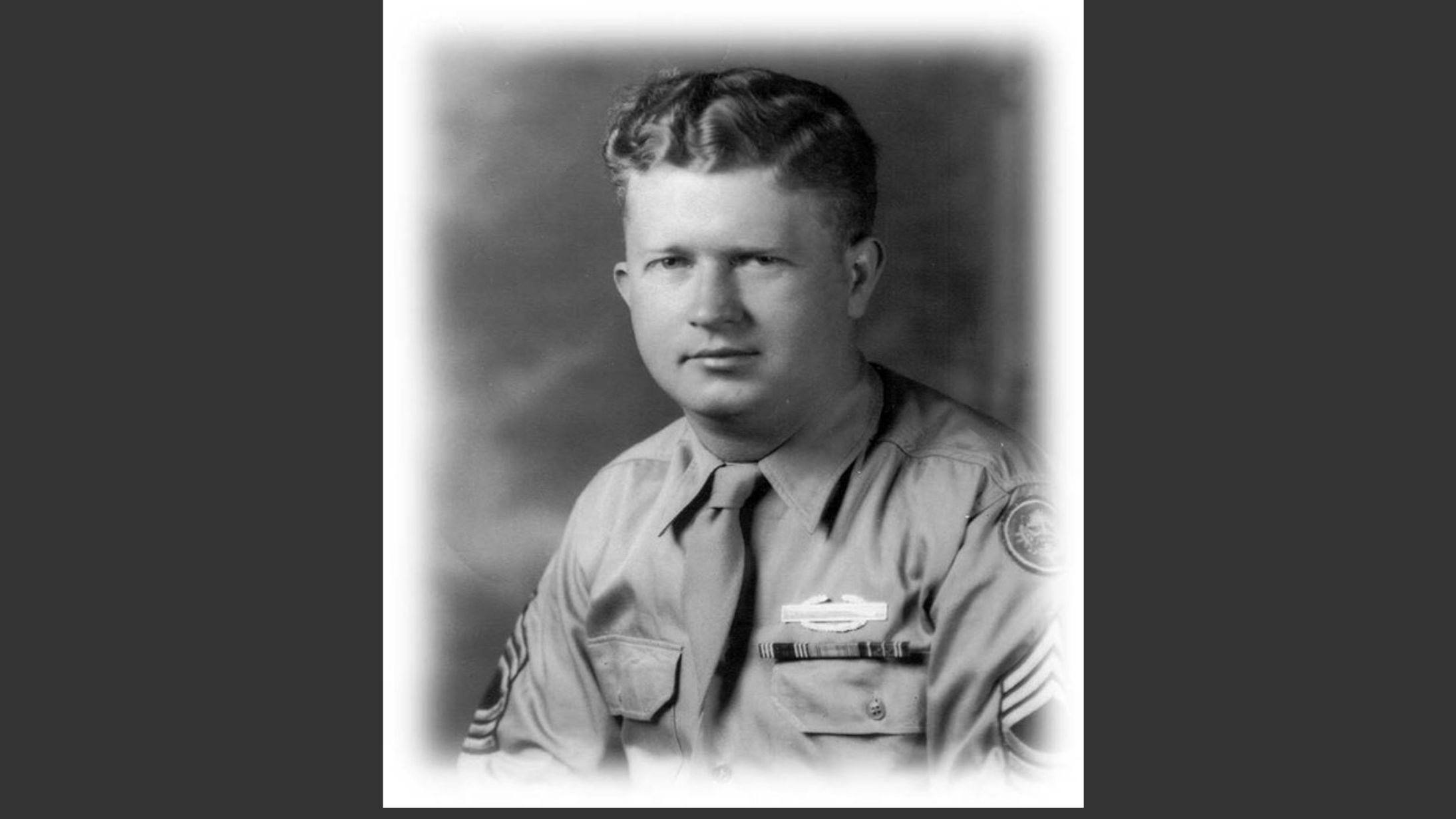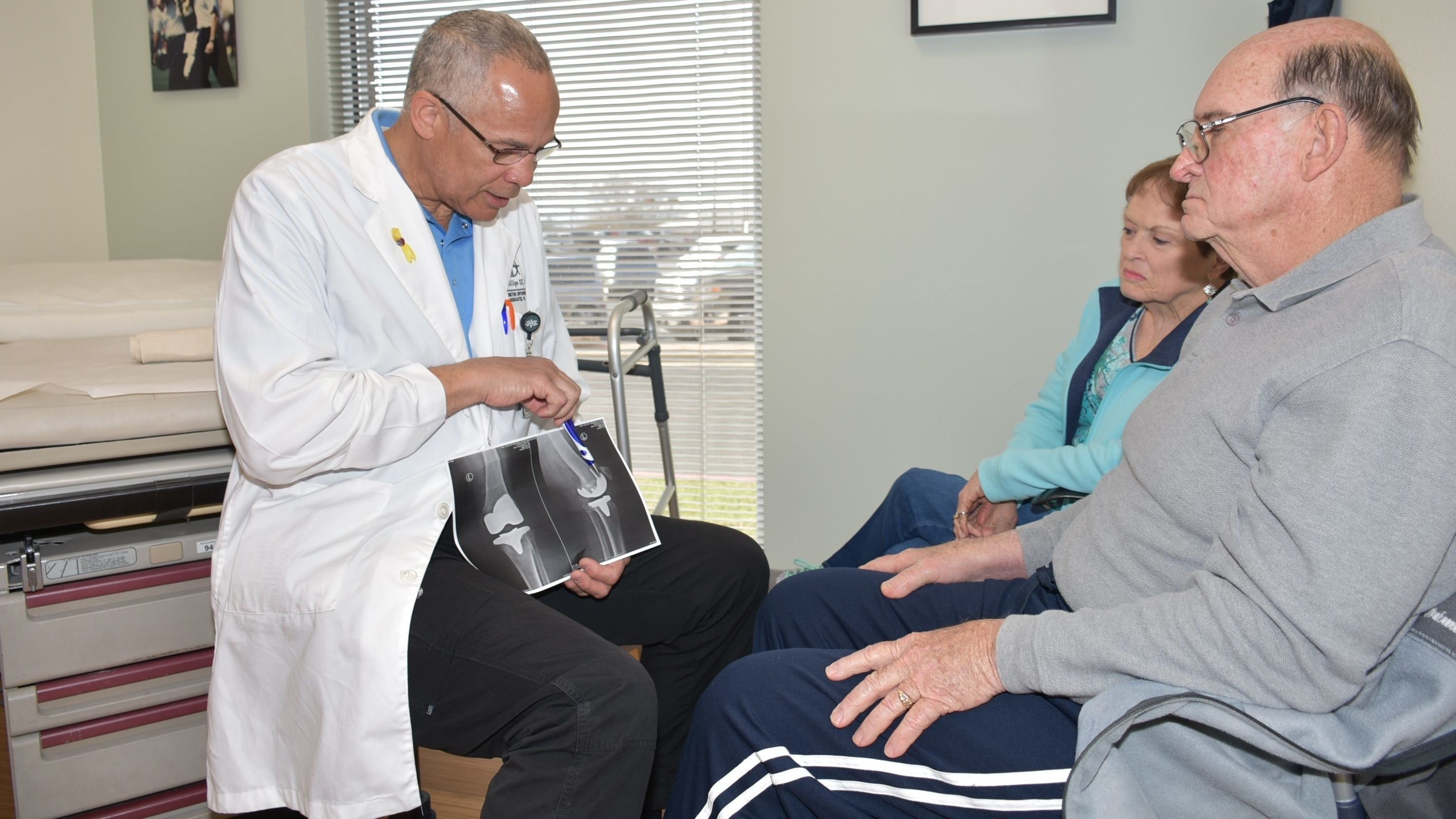HOW TO COMMUNICATE BETTER WITH YOUR SPOUSE WHO IS A VETERAN
COMMENT
SHARE

Introduction
Many people want to know how to communicate, so they search for things like "How to communicate with your spouse," or "How to have effective communication in marriage." This can become even more important and delicate when you’re trying to figure out how to communicate better with your spouse who is a Veteran. For Veterans and their family members, it is just as important, if not more important, to understand how to communicate effectively with a Veteran’s spouse. Military relationships have their own unique challenges and factors associated with their lifestyle. But it is also important for those who are getting involved with a Veteran after their service to understand the most effective communication styles. Related read:Where To Find Supportive Services for Veteran Families (SSVF)
How To Communicate Better With Your Spouse
Actively Listen
When Veterans do open up about their experiences, either related to the military or other things in their life, it is very important to listen. It is not always easy for people to share information about their past, and this is especially true of Veterans. If you find yourself in the unique position as a new Veteran spouse, or if you notice that your Veteran is having transition difficulties after leaving the service, remaining open and honest and giving them the chance to speak will be the best way to increase your chances of learning more about them while providing a comfortable and welcoming environment.
Make Time To Talk… and Participate
If you want to know how to communicate better with your spouse, sometimes just starting is the most helpful step you can take. Making time to talk is important. In the busyness of daily life, it's easy to lose out on the fact that you should remain in regular communication outside of logistics, like schedules, arrangements, and grocery lists. Even 15 minutes a day of having meaningful conversations with your Veteran spouse can improve the communication in your marriage and the friendship bond at the heart of your relationship. Second, share feelings and thoughts. It's not always easy to get others to open up and share their insights or their feelings. But you can do a good amount of the legwork by being open and sharing your thoughts and feelings to start with. This can make the other person feel more comfortable about being vulnerable and more invested in providing you with meaningful communication in response to sharing your concerns. When you're speaking with your spouse and they begin to open up, give the other person your complete attention. Move your phone out of the way, turn off the TV or any music, and be intentional about hearing them in that moment. You can also mirror back things that people are saying – not only to indicate that you have been listening but also to make sure you've heard them correctly. Sometimes it is easy to be more focused on mentally preparing for what you're going to say next in response to the statements they're making now. But this is not active listening, nor is it supportive.
Don't Push Them To Share
If you suspect that there is a problem afoot or that your spouse is having difficulty communicating something, it's good to let them know that you're there to help support them or to softly broach the subject. But never back anyone, including your Veteran spouse, into a corner about what you want to discuss. This can make the other person feel uncomfortable, especially if the reason they haven't yet communicated things to you is because they're having difficulty working through their thoughts on their own. That being said, as a Veteran or military spouse, you also likely notice when your loved one has been dwelling on something they refuse to talk about for a long period of time. In this case, don't make yourself the only supportive resource that they have. Perhaps they would prefer to talk to other Veterans in their friend group, join a support group, or talk to a licensed professional, such as a therapist. Do not take this as a personal attack on you if they do not wish to share all of their insights with you. Sometimes getting the conversational ball rolling can be very stressful for you as the spouse, and allowing a third party to help open those floodgates can ultimately benefit you down the road. Looking for alternative forms of therapy for your Veteran spouse? Learn about wilderness therapy on our blog: Wilderness Therapy: What Is It? How Is It Helping Heal Veterans?
Don’t Bottle Up Your Own Feelings
To learn how to communicate better with your spouse, you need to be honest about your own feelings, first. Whether it’s because it’s part of your personality or you’ve developed a pattern in your marriage of putting a spouse’s needs ahead of your own, it’s dangerous to bottle up your own feelings. Bottled-up feelings can make you more upset and less able to handle a calm conversation in the moment. Furthermore, bottling up those feelings can also make your spouse feel as though your comments or feelings are “coming out of nowhere.” If you let things build up over time and one small issue is the tipping point, your spouse also might not realize that the reason you’re bringing up the issue now is because of all the times you’ve stayed quiet in the past. For some, keeping quiet and avoiding conflict is perceived to help make their marriage stronger. After all, fewer fights or no fights at all might make the day-to-day feel less dramatic or troubled. But eventually, those bottled-up feelings overflow either into anger, resentment, or other problem emotions. By the time those emotions come out, it might be too late to fix the issues behind them. You’re better off trying to find ways to talk about these things as they happen so that you and your spouse have a chance to actively address them together.
Avoid Making Assumptions
There's no doubt that it's frustrating when your spouse will not open up. It’s hard not to take it personally. If your partner is having a difficult time sharing or is tuning you out when you attempt to talk about it, avoid making assumptions to start with. You might assume that it's your fault or that your marriage isn't strong enough for them to want to share these personal or vulnerable details with you. Jumping to this conclusion only serves to make things more difficult for everyone involved and, in fact, can generate entirely new fights. Remember that it's not always easy to open up and that sometimes people need additional time to figure out what it is they want to say.
Be Mindful of Their Conversational & Fighting Style
Sometimes it's hard to tell whether you should take it personally when a Veteran spouse won't open up. But when you are thinking about how to communicate effectively with your spouse, there may be things in their past from previous marriages or relationships, or even their childhood, that trigger negative emotions and reactions. If you raise your voice to a Veteran who grew up in a family where screaming was normal and they're uncomfortable with it, this can generate an immediate reaction that does not involve them opening up to talk to you about the core issue. In fact, they can get angry and avoid talking to you altogether. Make sure that you understand that people's different fighting and communication styles can heavily influence how they perceive you as well. The more work you can do to make your Veteran spouse feel more comfortable, the easier it will be to proceed.
Show Thoughtfulness in Between Conversations
As mentioned above, active listening is important during your conversations. But thinking about things that are important to your spouse and showing you’ve heard them in between those conversations, too, can help build better communication. For example, perhaps you’ve had some extra time to think about a problem that’s bothering them or have an idea to lift their spirits. Communication with a spouse goes beyond the verbal word, so look for chances to show that what’s important to them is important to you, too.
Handle the Past Carefully
When bringing up any element of the past with your spouse, be aware that the way you handle that can have a big impact on their reaction. For example, perhaps you’re concerned about a spouse’s rising level of anxiety or symptoms of depression. There might have been a time in your family’s past when these issues happened before. In suggesting that you see a pattern, you might mean well, but your spouse might feel attacked if they were vulnerable at that time in the past or have bad memories of that period. In the example above, you might reference that you’re checking in with them because you’re concerned but also because you want to make sure you’re not jumping to conclusions, either. This proactive approach can keep the conversation focused on the matter at hand while also leaving room for your spouse to respond thoughtfully to what you’ve said.
Start Difficult Conversations Honestly
If you need to have a difficult conversation with your spouse, whether about an outside issue or something in the marriage, broach it honestly and with compassion. Going too quickly into anger or choosing the wrong words can make a hard conversation even worse. Knowing how to communicate better with your spouse relies a lot on being honest without being combative. If a conversation does escalate into difficult territory or a fight, try to remain focused on what is most important. Fighting fair is not always easy, especially because you can get triggered during a difficult conversation yourself. But to the best of your ability, try to remain calm so you can be as helpful as possible.
Final Thoughts
Most spouses have to learn how to communicate effectively with one another, so don’t feel bad if that’s not something you nail out of the gate. Military life, transitions, and marriage itself all present unique challenges to people. If communication is important to both of you, make it a priority to work together on these issues. If you’re having problems trying to figure out how to communicate better with your spouse, these tips are a great place to start. More like this:Signs of PTSD: A Special Ops Veteran’s Awakening (Personal Story)
Join the Conversation
BY LAURA BRIGGS
Laura Briggs is a Contributing Writer at VeteranLife.com.
Laura Briggs is a Contributing Writer at VeteranLife.com.



